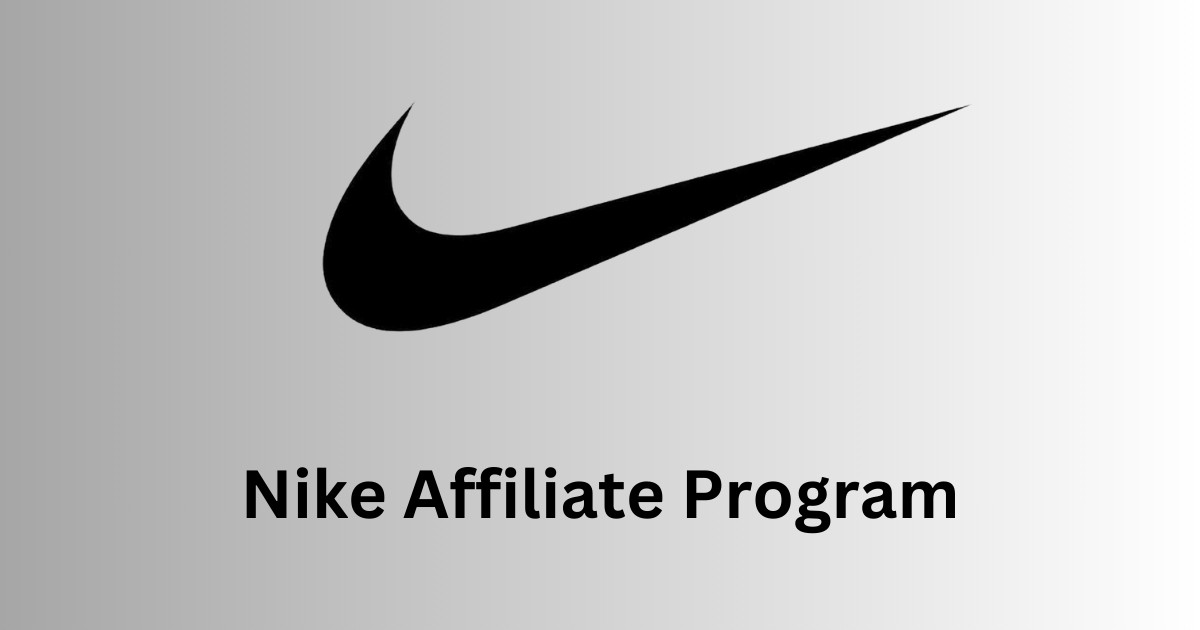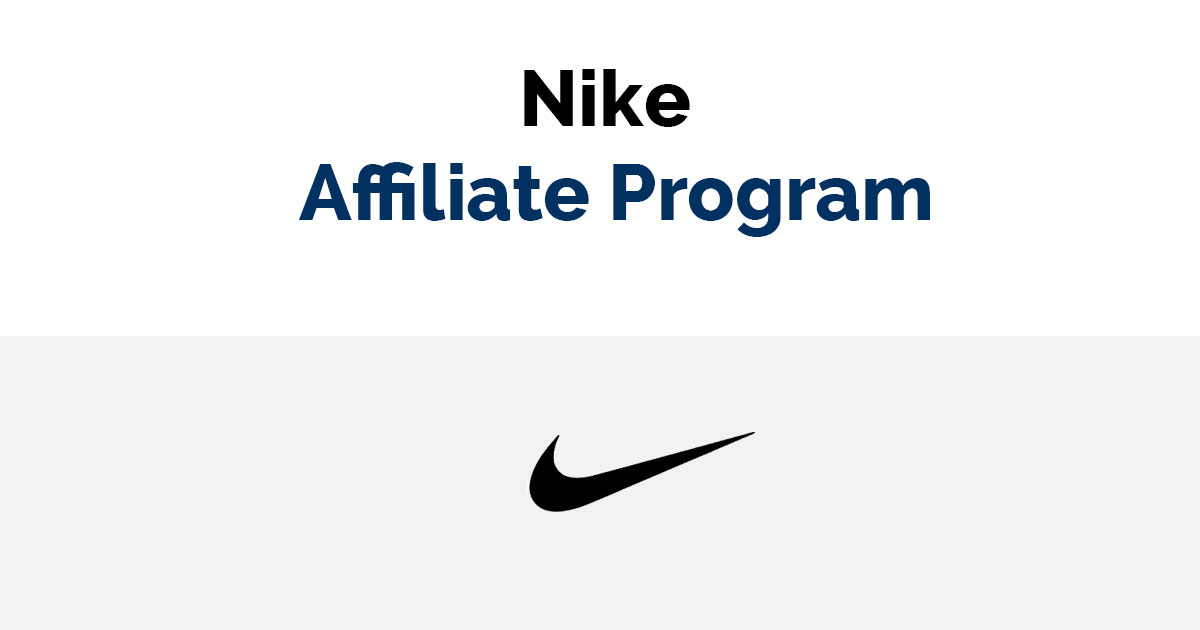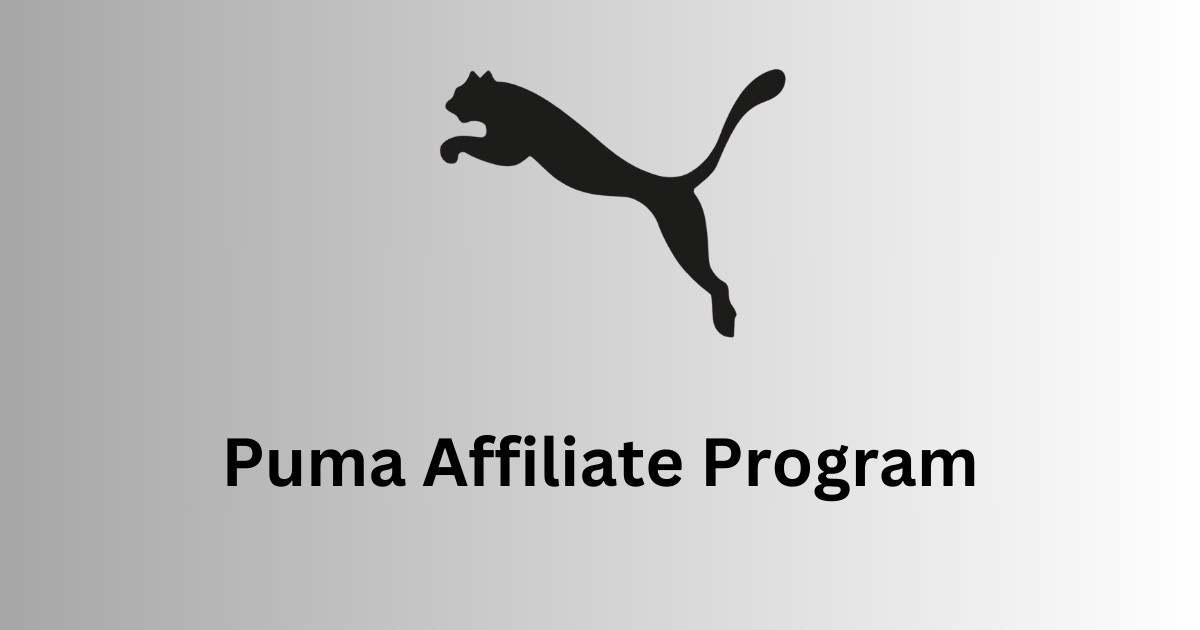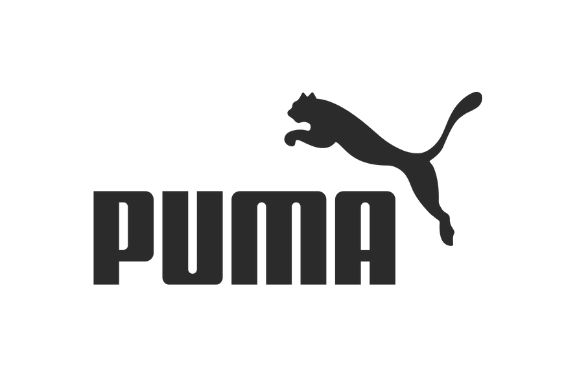Welcome to the ultimate guide to the content marketing funnel!
In today’s digital age, content marketing has become a vital strategy for businesses to attract, engage, and convert potential customers.
The content marketing funnel, also known as the digital marketing funnel or marketing funnel, is a framework that guides the buyer’s journey, leading prospects from awareness to conversion.
In this comprehensive guide, we will explore the stages of the content marketing funnel, discuss practical ways to create content for each stage, and provide insights into driving traffic through the funnel.
Let’s dive in and uncover the secrets to building an effective content marketing funnel.
What is a Content Marketing Funnel?

A content marketing funnel is a way to attract and convert customers using different content types.
It starts with broader content to attract a wide audience and guide them through the buyer’s journey.
As potential customers engage, they move down the funnel where content becomes more focused on converting leads into customers.
The goal is to provide valuable information to build trust, establish authority, and drive profitable action. This nurtures leads until they become customers.
An effective content marketing funnel captures attention, generates interest, and guides potential customers toward the end goal.
How Does the Content Marketing Funnel Work?
Content marketing is like helping someone decide to buy your product without being pushy.
To do this, you must understand how people buy things. People don’t just randomly buy things; they look for recommendations and information online to help them make decisions.
The buyer’s journey has three main stages:
- identifying a problem or need,
- exploring options,
- and deciding what to buy.
Content is important at each stage, including customer success stories that showcase the benefits of your product and improve the user experience. It’s like a funnel that guides people from not knowing about your brand to choosing to buy from you.
Therefore, having a good plan for creating a single piece of content that fits each stage of the buyer’s journey is crucial for making sales.
Stages of the Content Marketing Funnel
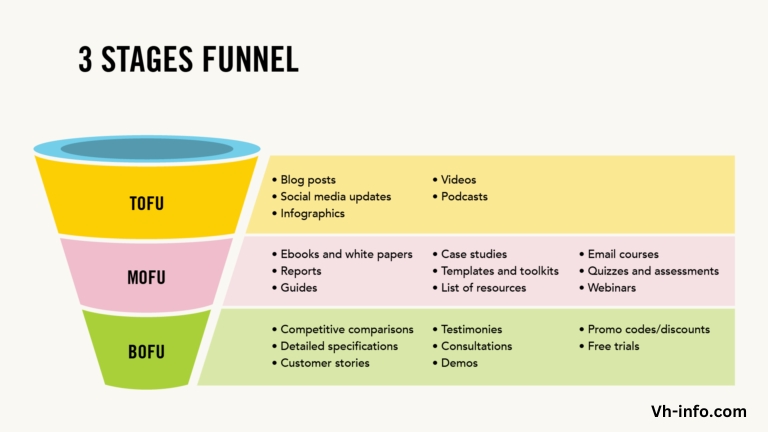
There are three stages of the content marketing funnel which I have mentioned below:
Top of the Funnel (TOFU): Sparking an Interest
At the top of the funnel, many people start their journey. They might not know about your brand or want to buy anything yet. Your job is to grab their attention and teach them about your brand.
We can measure success of the content marketing strategy by looking at organic traffic, referral traffic, total visitors, social media activity, and influencer/media mentions.
To be successful at this stage, create content that teaches something or provides value. This will attract more people to your website and increase engagement.
Middle of the Funnel (MOFU): Guiding and Educating
In the middle of the funnel, there are fewer people engaging with your stuff, but they’re more open to it if you give them a little nudge.
Your aim here is to guide the potential customer from just having an idea about your product to really understanding how it can solve their problems.
We measure the success of this stage by looking at how many people actually become leads or take action, like signing up or getting in touch. Usually, even in this stage, most of the traffic comes from people finding you through search engines without ads.
Bottom of the Funnel (BOFU): Propelling Conversions
At the bottom of a funnel, people are almost ready to decide. Your content can help by showing why your brand is better, building trust, and making people buy faster. To be effective, create content that answers questions about your product or service.
Keep it simple and explain how it works or what you need to use it. This straightforward approach boosts sales and helps customers make confident decisions.
What you’ll need to Start your Content Funnel?
To start your content funnel, you need to know your audience, their needs, and buying process. Set clear goals for content and consider competitors’ strategies. If new, focus on attracting interest (TOFU), bigger companies show expertise (thought leadership). Your strategy depends on goals and audience.
Why Creating Content for the Buyer’s Journey is Important?
Creating content for your audience is important to understand what they want. This helps you make content that matches their needs at each stage of the buyer’s journey. If you don’t know your audience well, they might lose interest in what you offer. By creating content that engages your audience and putting it in the right places, like on social media or your website, you can connect with them effectively.
Many marketers see content as a crucial part of their strategy because it helps attract and engage potential customers and guide them towards making a purchase. To create effective content, you need a strategy that plans what content to deliver and when.
By researching keywords and creating targeted blog content for each stage of the buyer’s journey, you can guide potential customers using different types of content towards making a purchase.
How to Build an Effective Content Marketing Funnel?

An effective content marketing funnel starts with awareness stage content like blogs, infographics created with the help of a random object generator with pictures to generate engaging and unique visual elements, and social media to attract a wide audience and build brand awareness.
Next is the consideration stage where content like ebooks, whitepapers and case studies nurture leads by addressing pain points and demonstrating expertise.
Further down the funnel, conversion stage content like free trials, product demos and pricing pages convert qualified leads into customers.
Businesses need to map customer journeys and create content for each stage of the funnel for effective marketing. Testing and optimizing messaging refines content to maximize results, leading prospects from brand discovery to becoming customers and brand advocates. Relevant content tailored to each stage generates and nurtures leads, driving conversions in a well-designed funnel.
Practical Ways To Create Content for Each Funnel Stage
The ultimate guide to content marketing funnel is here. Let’s talk about turning interested people into buyers with your content.
What kinds of content do you need for each step of the buyer’s journey? Consider from when they first hear about your brand up to when they decide to buy.
Start making that content right at the start of the funnel and keep in mind each business needs different kinds of content depending on what they want to achieve.
Creating Compelling Top-of-the-Funnel Content
To grab someone’s attention, offer useful information without expecting anything back. Begin your content funnel by being genuine and addressing the main problem. Respond to questions about the issue and suggest a solution. Briefly mention your products or services while including other helpful resources. Finally, pique people’s interest in your brand or product.
When sharing information, avoid being too pushy with sales. Provide helpful details and mention your product or service subtly to show your experience in the field. This will prove that your brand is knowledgeable and deserves attention.
Keep Drawing Them in With Middle-of-the-Funnel Content
Once you’ve captured someone’s interest, keep them interested by offering something for free. It’s a win for them and they may look for more from you. Highlight how your product helps the customer and makes their life easier. For example, Refinitiv offers a white paper with data to help businesses stop financial crime which proves their expertise and provides extra value.
Strategically Converting with Bottom-of-the-Funnel Content
After grabbing their attention, most people may lose interest. So, you need to convince them to choose you. One way is by using customer reviews which are trusted by 93% of buyers. Zendesk is a company that uses customer testimonials on its website as an example.
In this stage, you can focus your efforts on:
- Encouraging people to take action with CTAs.
- Offering free trials for a limited time.
- Comparing your product to competitors’.
- Giving demonstrations.
- Offering consultations.
- Showing real testimonials from happy customers.
You can also show off your product more by giving demos. For instance, you could follow up with people who attended a webinar and offer them a chance to try your product for free. This gives them a behind-the-scenes look at everything your product can do.
And at the end of the trial, you can offer a free trial for 14 days or a big discount for the first year to encourage them to buy.
Content Strategy for Top of the Funnel
To begin with content marketing, use top-of-the-funnel (TOFU) content to introduce your brand to people. This content provides helpful information that solves problems and answers questions. Research your audience to create good TOFU content. Understand their struggles and interests by creating customer profiles. Your TOFU content should be easy to understand, interesting, and enjoyable. It can be in different forms such as blog posts, videos, social media or graphics.
Your lasting TOFU content should attract new customers and continue serving your brand after creation. Modify your TOFU content by using appropriate keywords and phrases to improve visibility on search engines. This increases chances of appearing higher on search results and reaching more viewers. Make sure your TOFU content captures the audience’s interest by offering helpful information to encourage them to learn more about your brand.
Content Strategy for Middle of the Funnel
In the middle of the funnel (MOFU), your possible customers are checking out and thinking about your products or services.
This is a really important time, and you need to give them really good content that teaches them, tells them stuff, and convinces them to do something.
Here are some ideas to help you make your MOFU content:
Create Educational Content
At this point, people who might buy from you want to know a lot more about your brand. So, you should make content that teaches them, solves their problems, and gives them all the info they need to decide if they want to buy from you.
Use Case Studies and Testimonials
Stories from other customers and examples of their experiences are really helpful in making people trust you. They show that your stuff actually works and help others imagine how it could help them too.
Offer Free Trials and Demos
If you want to sell more, let people try your stuff for free. This lets them see how good your products are and reduces doubts. Offering a consultation or free trial can also ease anxiety about buying from you.
Personalize Your Content
Making your content personal can help you bond with the people who might buy from you. It makes them feel special and important. You can use things like their name, where they’re from, or other things that matter to them to make your content more interesting and relatable.
Use Retargeting Ads
Retargeting ads remind people of your services after they visit your website. They keep your brand in their minds and encourage them to buy from you. You can use these ads to promote your helpful content and nudge people towards buying.
Content Strategy for Bottom of the Funnel
At the BoFu, convert leads to customers. Create trust with content. Use case studies to show how your product helped others. Try offering free trials or demos. Testimonials and reviews from happy customers help new ones feel more comfortable.
Make content that builds trust and shows the value of what you offer to convince people to buy from you.
Examples of Content Marketing Funnel
Here are some examples of a typical content marketing funnel:
- Top of Funnel Content: Blog posts, infographics, webinars, and other educational content designed to attract new visitors and build awareness. This content should focus on addressing common pain points, questions and providing value rather than overtly promoting your product.
- Middle of Funnel Content: More detailed blog posts, guides, ebooks, and other content to nurture leads and continue providing value. This stage focuses on developing trust and credibility while guiding the prospect closer to a decision.
- Bottom of Funnel Content: Content aimed at customers ready to make a purchase, such as product comparisons, demos, free trials, pricing pages, and other conversion-focused assets. The goal here is to provide the final information needed to make a purchasing decision.
- Post-Purchase Content: Content to onboard customers such as implementation guides, user forums, tutorials, and customer success stories. This builds loyalty and may upsell customers on additional products and services.
- Nurturing Content: Email newsletters, promotions, and other ongoing content to nurture both new and existing customers. This reminds customers of your brand and offerings and may prompt additional purchases.
The goal of the funnel is to attract strangers and turn them into brand advocates by providing valuable information at each stage. The content focuses less on a hard sell and more on building awareness, trust and leadership in the early stages.
Driving Traffic Through the Marketing Funnel
After you’ve set up a good content marketing funnel, the next thing to do is to get people to go through it.
There are different ways to do this, like showing up in search results, using SEO to improve your visibility, being active on social media, and getting traffic from other websites that link to yours.
Organic Search
Organic search boosts your website’s visibility in search results. This happens when you use easy-to-understand content. By doing this, you’ll attract many visitors to your site and get more potential customers.
To make your content search-engine-friendly, find out the words your audience is searching for. Then include these words in your titles, descriptions, and main body text.
SEO
SEO (search engine optimization) means making your website better so it shows up higher in search results. More people visit a site that is easier for search engines to understand, giving you more potential customers.
You first need to check if there are any problems by conducting a technical SEO audit. Find issues that might be stopping your website from appearing higher in search results such as slow loading speeds or broken links. Fixing these problems can improve your website’s performance in search results.
Social Media
Social media is a great way to get more people to visit your website and become potential customers. When you share your content on social media, more people see it, and your brand becomes more popular.
To make the most of social media for getting traffic, you need a plan that works with your content marketing funnel.
This means figuring out which social media platforms your target audience uses, making content that’s perfect for social media, and interacting with your audience on social media.
Referral Traffic
Referral traffic happens when folks visit your site from other websites. You can get more referral traffic to your website by making friends with other websites and creating content that people want to share.
To get more referral traffic, you need excellent content that other websites will link to. This might mean making infographics, writing guest blogs, or creating helpful stuff that others want their readers to see.
What are the Three Pillars of Content Marketing?
Every content marketing funnel needs three important things to work well. Remember these as you make your content and plan your full content strategy.
The three pillars of content marketing are creation, optimization, and promotion.
1. CREATION: Content Creation
Are you missing out on customer engagement? It’s crucial to have a content plan with videos, podcasts, webinars, testimonials, and blog posts. Keep producing regular helpful content to maintain your online presence and customer loyalty. Consider what your customers want to learn in the next six months.
Will you write blogs or create guides about your industry?
Remember, the purpose of content marketing is to inform, connect, and excite your audience.
2. OPTIMIZATION: Search Engine Optimization (SEO)
In this guide, we didn’t discuss SEO much, but it’s crucial for people to find your content.
People use Google (or other search engines) when they need answers such as “best food blender.”
If you want people to find your blog post, it has to show up in search results. To do this, use the right words and images, write engaging content, and create catchy titles. Arrange your writing so that more people can see it.
The more views you get on your content, the greater the possibility of making sales. SEO is important, but there’s a lot of misinformation about it.
Here are some key points:
- Avoid Keyword Stuffing: To improve your content’s search ranking, avoid stuffing in too many keywords. Rather, focus on using 1 or 2 crucial keywords that customers often use when searching. Add these words in your title and blog post.
- Be Relevant: Relevance is key to creating good SEO content. Some companies see it as a means to increase rankings, but it’s not the main goal. Helpful information should be your priority to convert website visitors into customers.
3. PROMOTION: Social Media Marketing
Social media is super important for any business these days. It’s the top place to share your content and make people know about your brand. You can use lots of different platforms like Facebook, LinkedIn, YouTube, Twitter, Medium, and Instagram.
You can get people interested in your brand by posting fun videos or sharing your latest blog posts. It’s really important to guide customers through your content marketing journey.
Here are a couple of tips:
- Think about your style. Your writing and what you post should match your brand’s style. Posting silly stuff might not attract new customers if you’re a serious company, but it could work great if you sell something fun like marijuana.
- Keep improving. You should always change and fix your posts to get more attention. Try different things and see what works best – then do more of that.
- Use your time wisely. Most companies can’t be active on every social media platform out there. Figure out which ones are best for your business and focus on them. Don’t worry about the rest.
Conclusion
To sum up, a content marketing funnel is crucial for businesses that want to increase conversions and achieve marketing goals. By leading users through awareness, consideration, and conversion stages, you can nurture leads and build relationships with your audience.
Remember to create relevant content for each stage of the funnel, tailor strategies to user intent, and drive traffic through search engines, SEO, and social media.
Implementing these strategies and focusing on three pillars of content marketing will generate results for your business. Start implementing tactics today and watch your content marketing efforts soar!


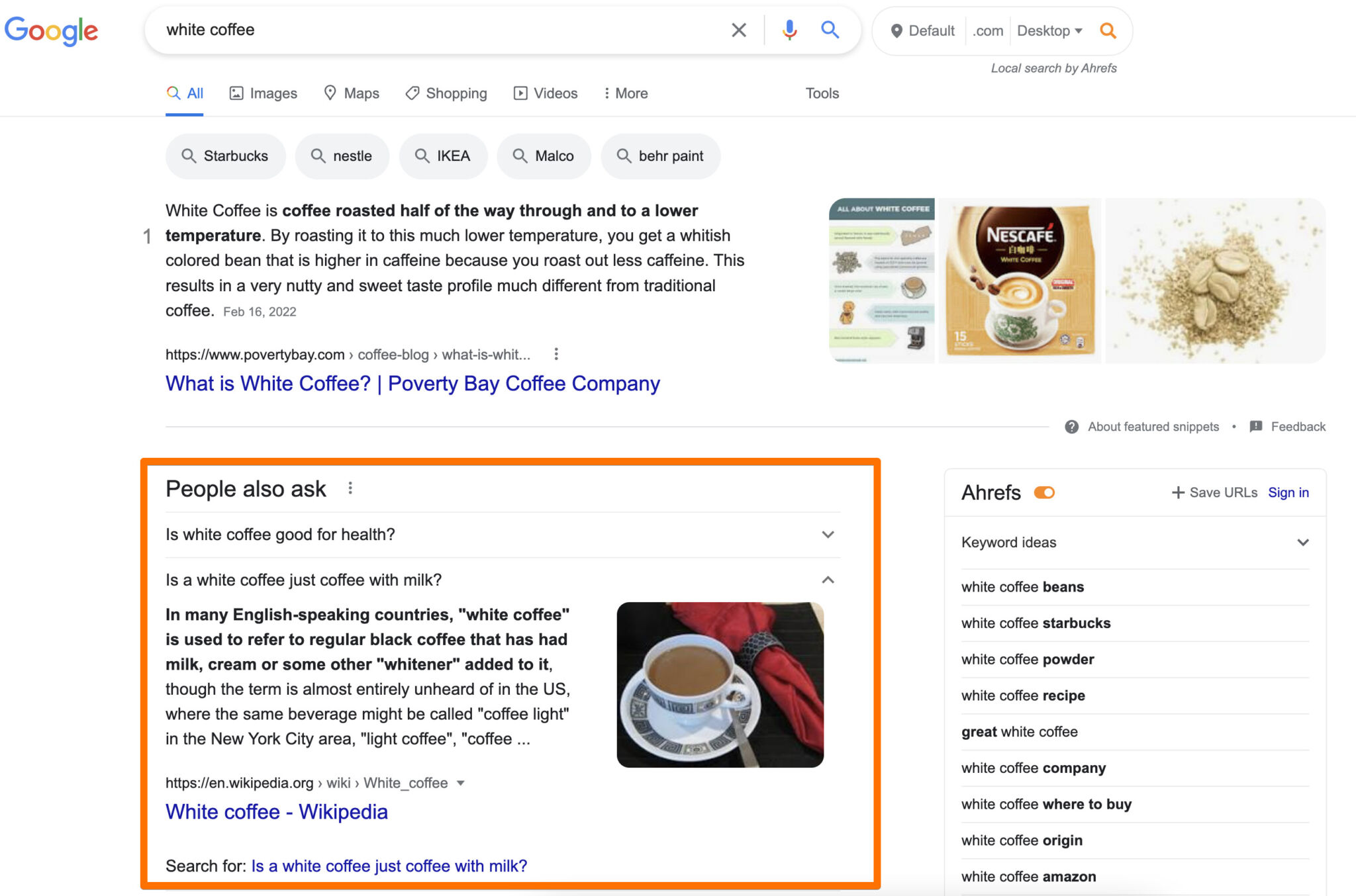






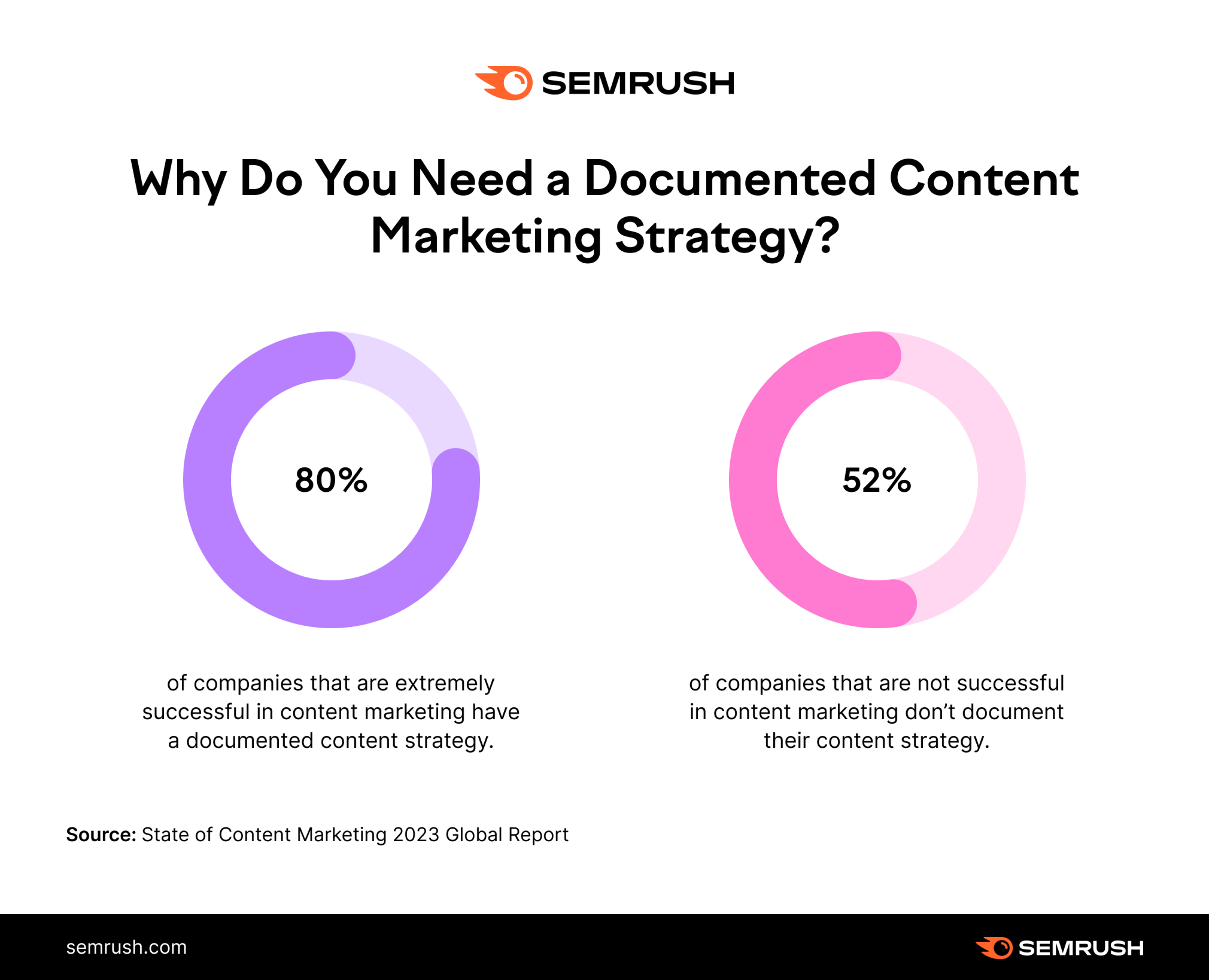



















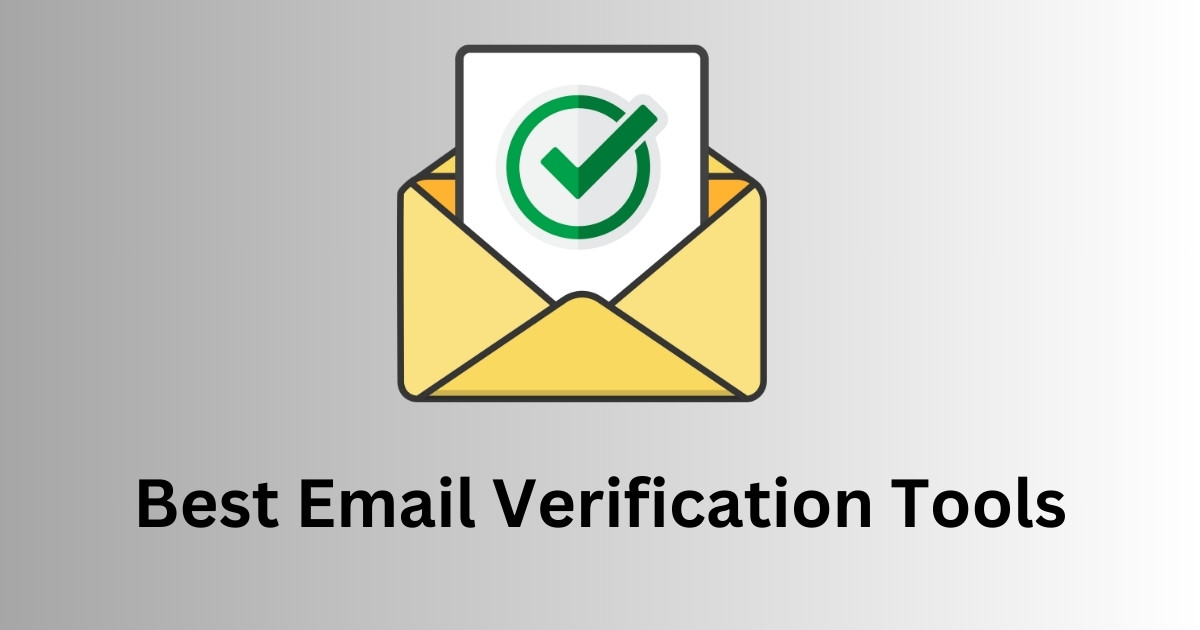






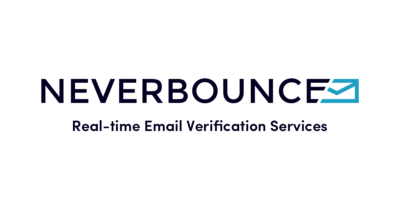

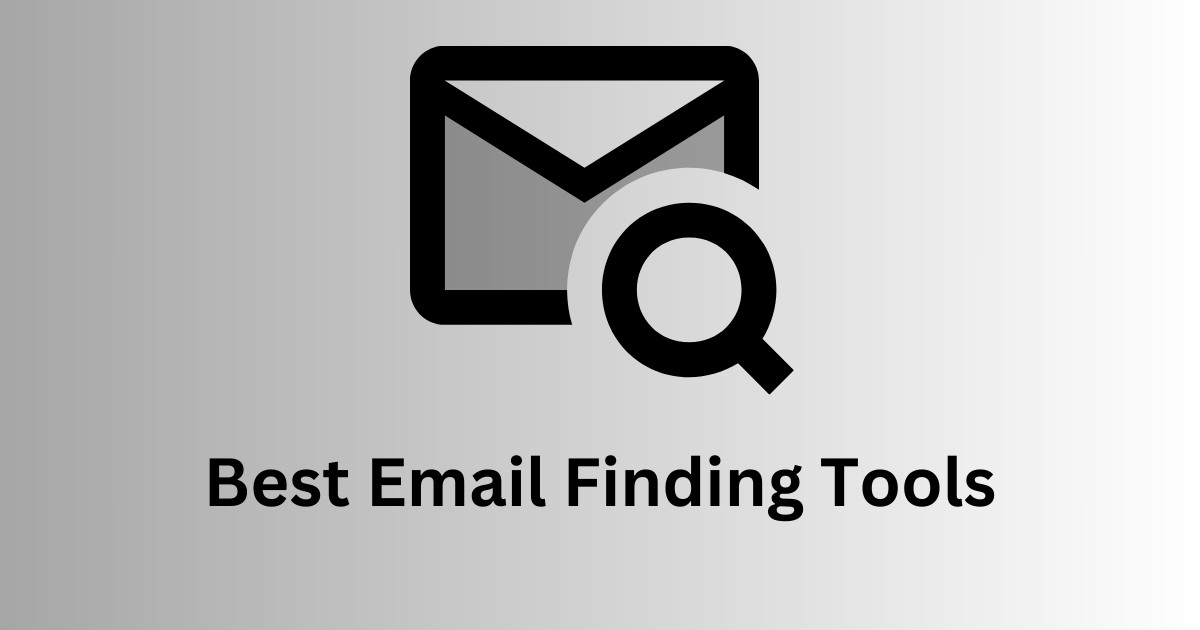










 RocketReach is the leading Professional Contact Search platform that is trusted by over 16 million users and 95% of the S&P 500.[/caption
RocketReach is the leading Professional Contact Search platform that is trusted by over 16 million users and 95% of the S&P 500.[/caption